WooCommerce It has become the preferred platform for many cross-border e-commerce and independent sellers, and the display of the product page directly affects the conversion rate and sales. In the face of page optimization, many store owners will encounter a problem: whether to choose "product page customization", or rely on "plug-in extensions"? These two ways have their own advantages and disadvantages, and the choice of different stages of the store will be different. Below we discuss the characteristics of these two directions to help find a more appropriate path.
![Image [1] - WooCommerce Product Page Customization vs Plugin Extensions Comparison](http://gqxi.cn/wp-content/uploads/2025/09/20250913141057140-image.png)
Why product pages need to be optimized
The product page is not only a window to display the goods, but also the key for customers to make a purchase decision. A page with clear information, logical structure, and beautiful design can enhance product appeal, reduce bounce rates, and drive conversions. Whether you choose a customization or a plugin, the goal is to allow buyers to quickly find the information they need and increase trust.
Features of product page customization
Highly flexible
Page customizationThe biggest advantage is flexibility. Designers and developers are able to create unique pages based on brand positioning, target customer groups and industry trends. Layout, colors, fonts, and interactive effects can all be personalized to present a more professional brand image.
Long-term value
Customized solutions may have a higher initial investment, but the benefit is more control over subsequent maintenance and upgrades. Instead of relying on third-party plug-ins, teams can tweak on existing frameworks. For brands seeking long-term growth and differentiation, custom pages can better support marketing needs.
technological threshold
Customization requires certain development resources. Without a team of professionals, costs and time can add up. Some small and medium-sized stores may find it difficult to afford this in the early days, especially during the rapid launch phase, which can become limiting.
Advantages of plug-in extensions
![Image [2] - WooCommerce Product Page Customization vs Plugin Extensions Comparison](http://gqxi.cn/wp-content/uploads/2025/09/20250913141336167-image.png)
Getting Started
WooCommerce The ecosystem is very rich and there are thousands of plugins available on the market to extend the functionality of product pages. Examples include display countdowns, bundled sales, product review enhancements, recommended products, and more. You can install and use them directly without coding, saving development costs and uptime.
multifunctional
The plugin covers a wide range of features and can fulfill most common e-commerce needs. It is a cost-effective way for startup stores. For example, if you want to add a product comparison feature or add a 360° product display, you can find the right plugin.
potential problem
plug-in (software component)Although good, excessive use can affect website performance. Pages may load slower and there is a higher risk of compatibility conflicts. In addition, plugins rely on third-party developers to maintain them, and if they are no longer updated subsequently, the functionality may not work or there may be security risks.
Comparison of the two
![Image [3] - WooCommerce Product Page Customization vs Plugin Extensions Comparison](http://gqxi.cn/wp-content/uploads/2025/09/20250913141457354-image.png)
cost investment
- Customized pages: High upfront costs, but manageable in the long run.
- Plug-in extensions: Low upfront cost, but may add overhead in subsequent maintenance and upgrades.
Brand Features
- Customized pages: More brand differentiation and page uniqueness.
- plug-in (software component)extensions: Reliance on existing templates and functionality with low differentiation.
controllability
- Customized pages: Controlled by the team and flexible to adjust.
- Plug-in extensions: Limited by the functionality and developer support of the plugin itself.
Applicable Scenarios
- Customized pages: For medium to large brands, stores with long-term growth plans and a desire to build unique visuals and interactions.
- Plug-in extensions: Ideal for startup stage, small teams or sellers with limited budgets who want to go live and validate the market quickly.
Hybrid model: a combination of both
Many successful WooCommerce Rather than relying exclusively on one approach, stores use a combination of them. Plugin extensions are used in the basic part to speed up the launch, while custom development is used in key pages (such as explosive product pages or brand flagship product pages) to highlight differentiation and core selling points. This model balances cost and effectiveness and is more in line with the development path of most sellers.
summarize
WooCommerce Product page customization and plugin extensions have their own advantages. Customization can show brand uniqueness, and plugins can quickly implement functionality. For stores just starting out, plugins can help quickly build and test the market, while with business growth and clear brand positioning, customized pages will become an important tool to enhance competitiveness. The key is to combine their own resources and development stage to find the most suitable balance.
Link to this article:http://gqxi.cn/en/76671The article is copyrighted and must be reproduced with attribution.







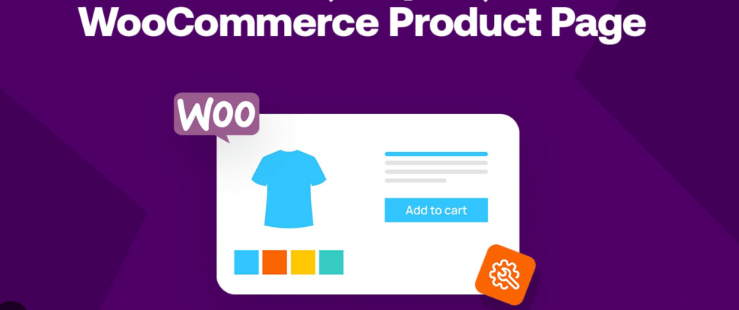
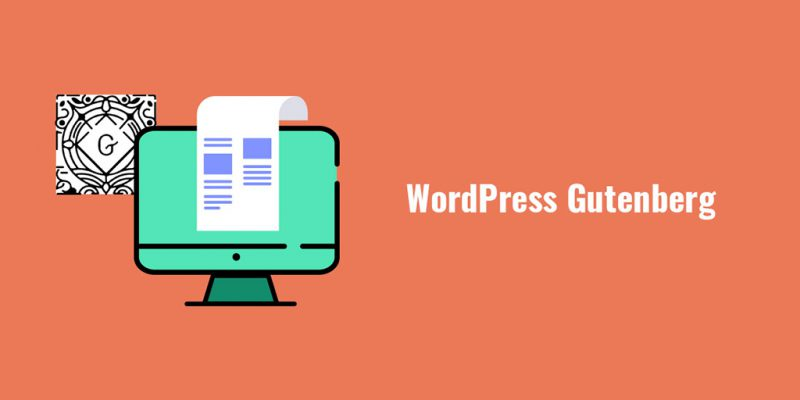


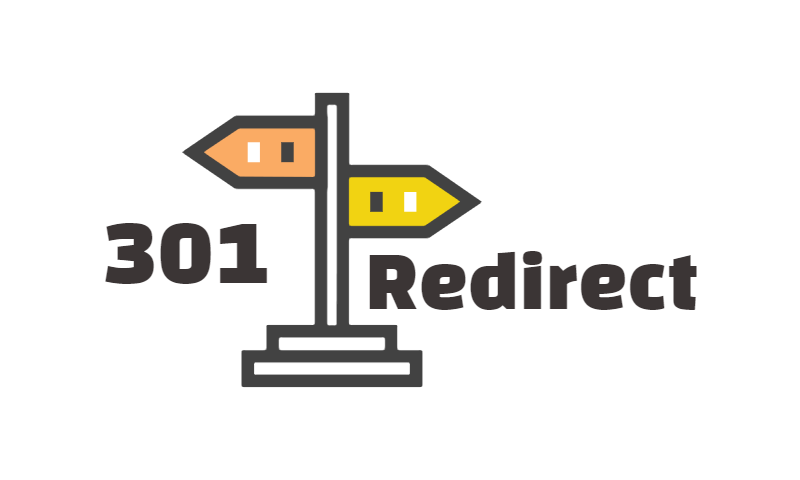

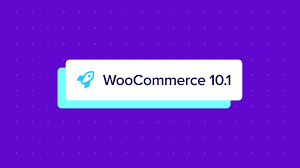
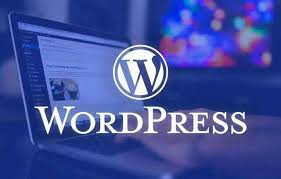










![Emoji[jingya]-Photonflux.com | Professional WordPress repair service, worldwide, rapid response](http://gqxi.cn/wp-content/themes/zibll/img/smilies/jingya.gif)






No comments